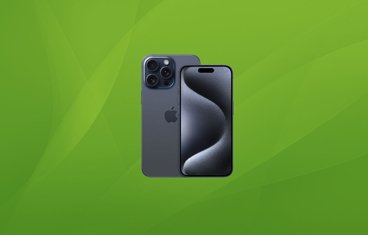Apple's iPad believed to be outselling Macs in the US
Analyst Mike Abramsky with RBC Capital Markets issued a note to investors Thursday in which he suggested iPad sales are now just below that of the iPhone 3GS in the U.S. in the first quarter of 2010, when the pace was at 246,000 per week. Abramsky cited checks with sources indicating that sales remain strong, thanks to sustained word-of-mouth for the product.
"Retail store checks in mid-May show widespread iPad stockouts at Apple retail stores and Best Buy," Abramsky wrote. "(More than 25 percent) of Apple stores have only selected Wi-Fi iPads (3G sold out) and are allocating to waiting lists)."
That's the same story AppleInsider discovered earlier this month, when a survey of 10 Apple retail stores from across the country found that all were sold out of the iPad 3G, and availability of the Wi-Fi-only model was limited. Customers who want the iPad 3G can sign up for Apple's "Notify Me" service, which will e-mail customers when the product comes back in stock.
Abramsky said he believes Apple has pre-sold about 600,000 units in the countries where the iPad is set to launch this summer. The iPad will become available in nine more countries on May 28: Australia, Canada, France, Germany, Italy, Japan, Span, Switzerland and the U.K.
In all, Abramsky believes Apple will sell 8 million iPads in calendar year 2010. That's up from his previous prediction of 5 million iPads in calendar 2010. The analyst believes the product will result in 25 percent cannibalization, but increase revenue to $59.7 billion, and $13.40 earnings per share (up from $58.3 billion and $13.06) in Apple's 2010 fiscal year. He also reiterated his price target of $350 for AAPL stock.
Abramsky also issued a second note Tuesday, revealing the results of an RBC survey of 1,000 respondents about potential future iPhone purchases. The questionnaire found that 20 percent were likely to purchase Apple's next-generation iPhone, expected to be released in June.
The survey also found that 50 percent of first-generation iPhone and iPhone 3G users plan to purchase Apple's handset upgrade. Abramsky said that equates to between 9 million and 10 million prospective buyers.
Most users (16 percent) are interested in a faster device, with speed being their top buying reason. Another 11 percent want iPhone OS 4, while 10 percent want an improved camera. Only 4 percent were interested in multitasking, and another 4 percent in video chat, suggesting they are not major phone-selling features.
Of those surveyed, 54 percent said they are willing to pay $299 for a higher-capacity next-generation iPhone, versus 46 percent who would only pay $199 for the lower capacity. Abramsky said a higher mix of $299 iPhone sales will benefit Apple's margins. The analyst believes Apple will sell 40 million iPhones in the 2010 calendar year.
 Neil Hughes
Neil Hughes












 Mike Wuerthele
Mike Wuerthele

 Malcolm Owen
Malcolm Owen
 Chip Loder
Chip Loder

 William Gallagher
William Gallagher
 Christine McKee
Christine McKee
 Michael Stroup
Michael Stroup






